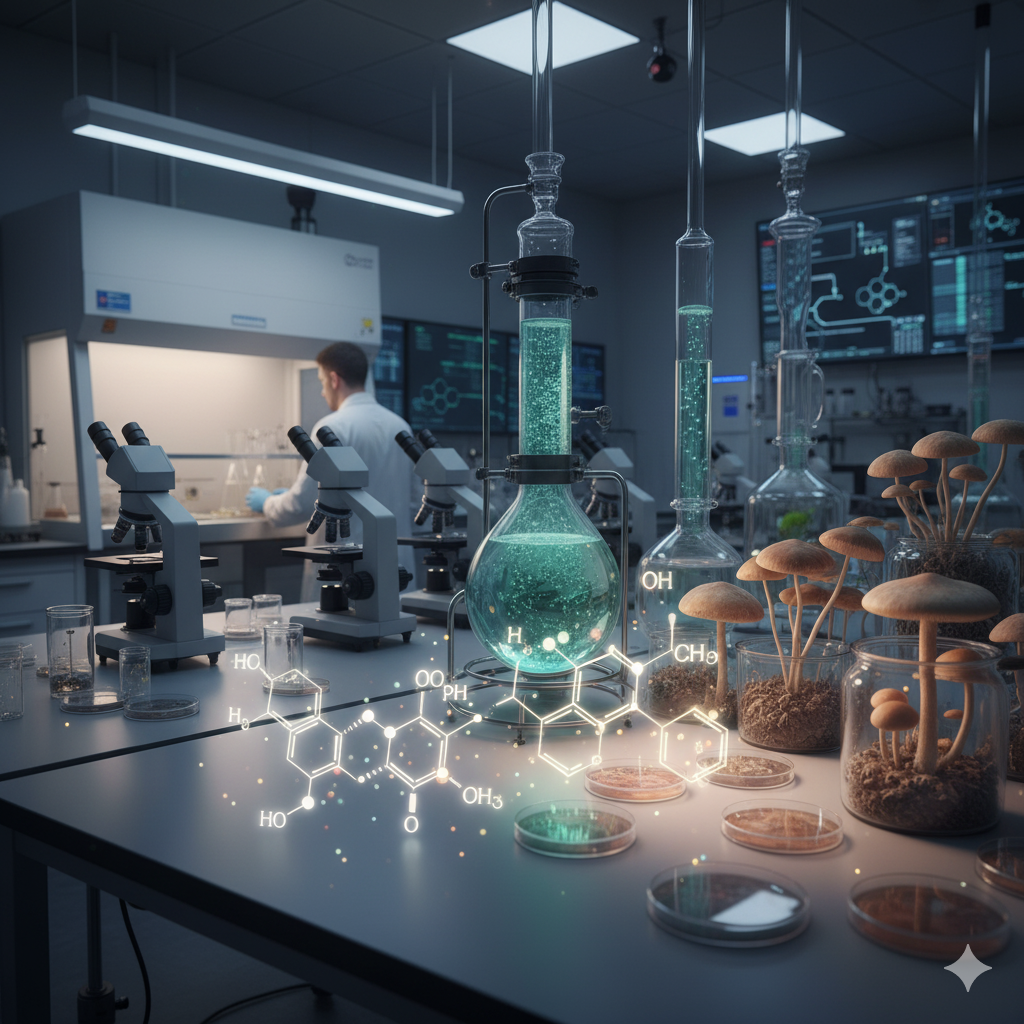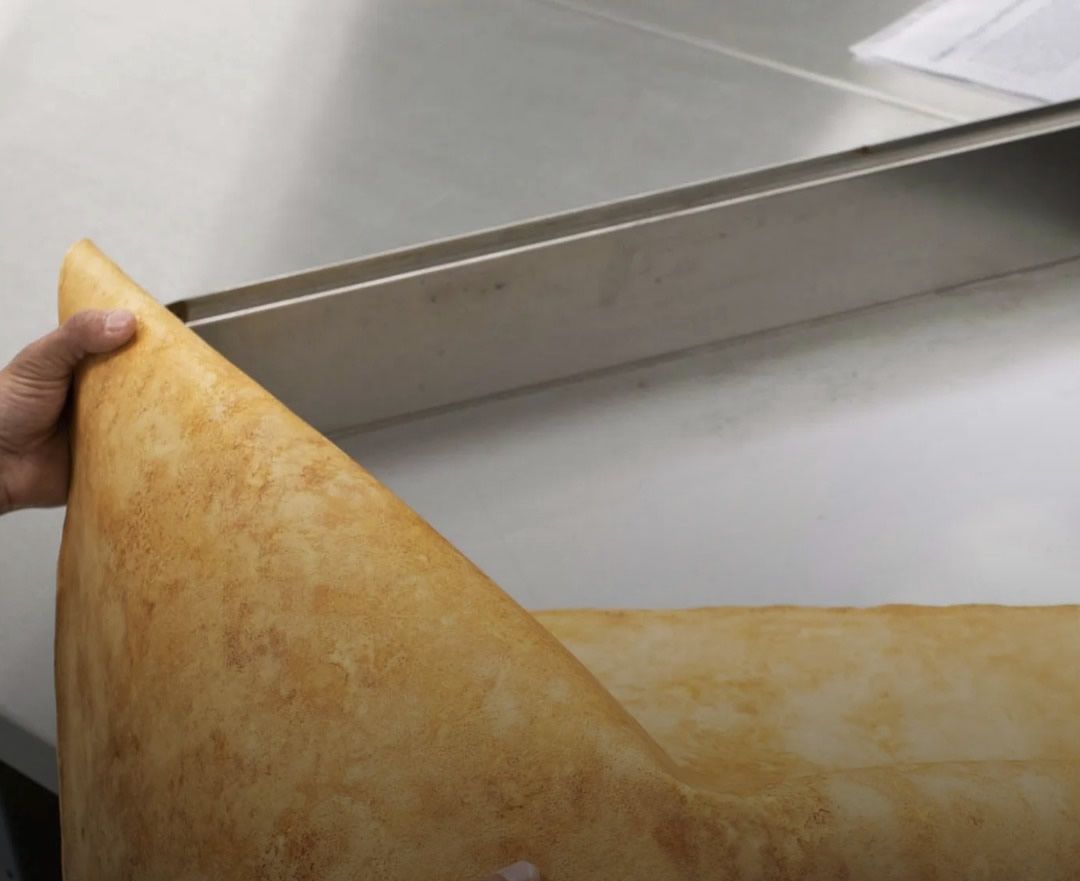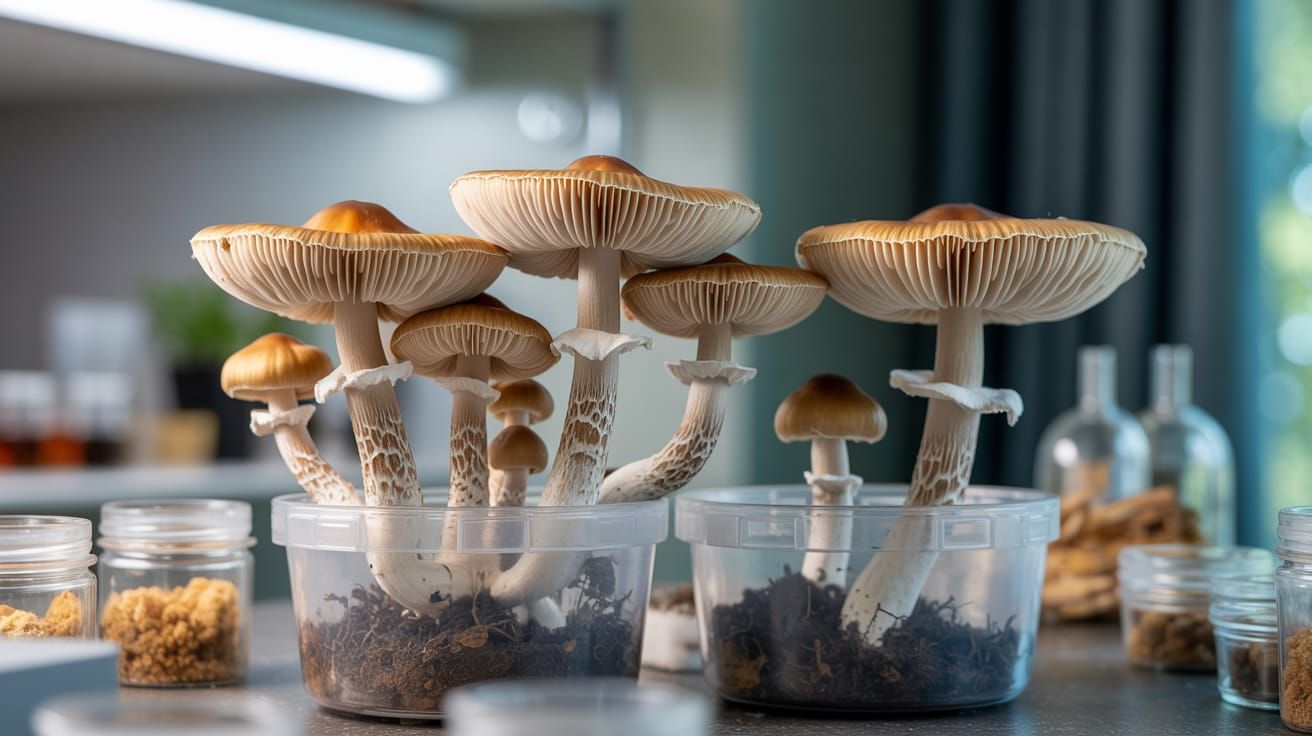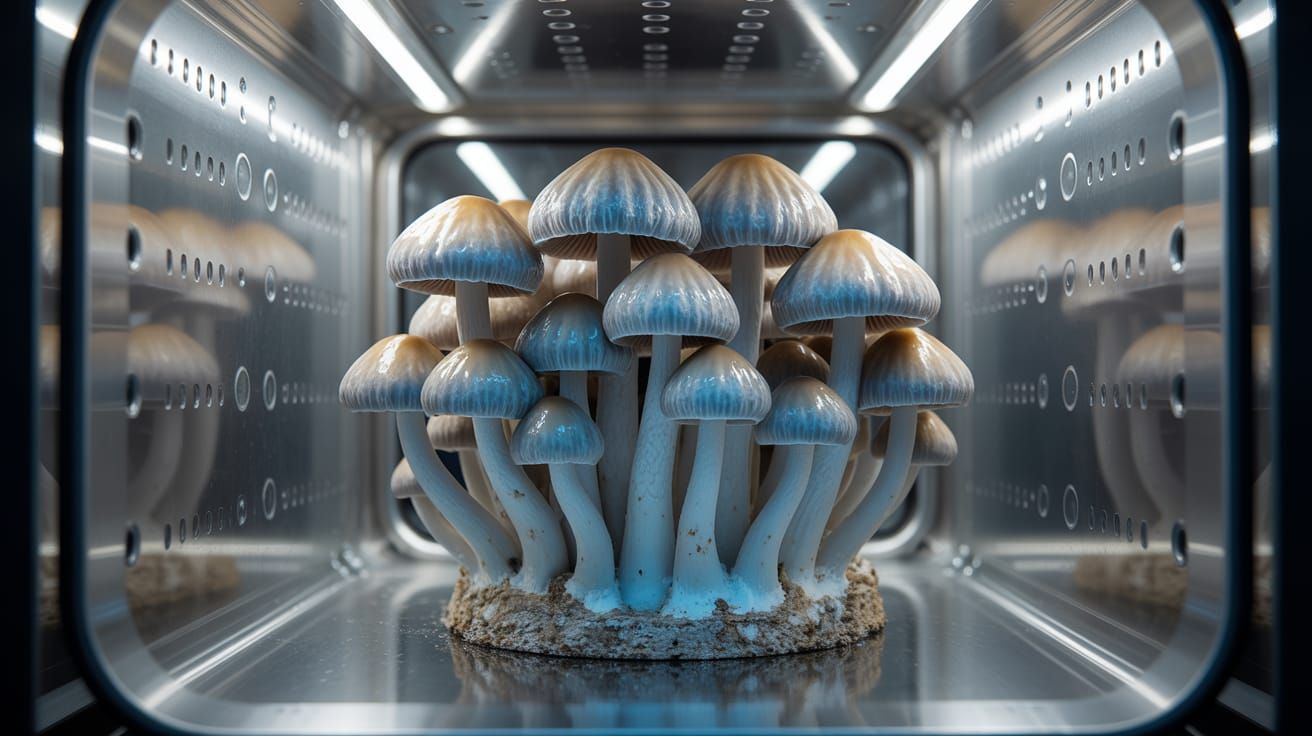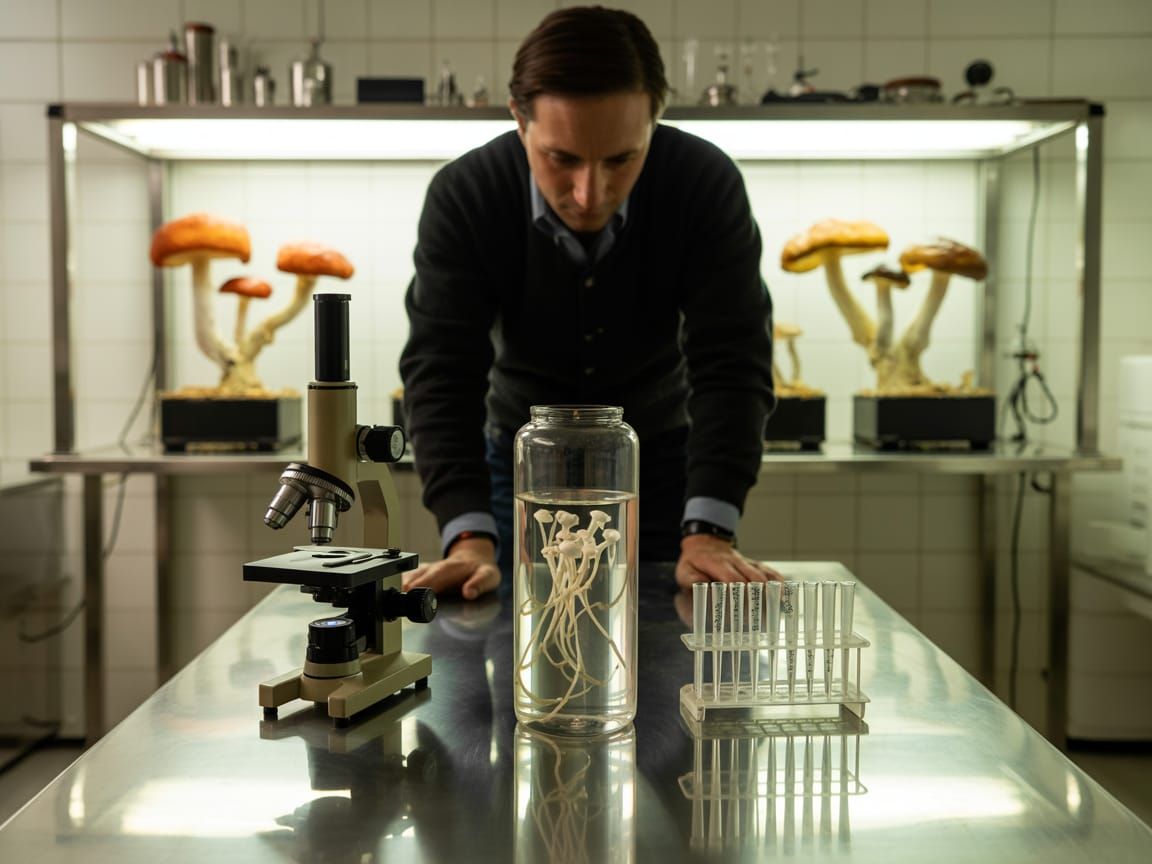Amazing Mushrooms - Supernatural Abilities
How spores are produced and dispersed
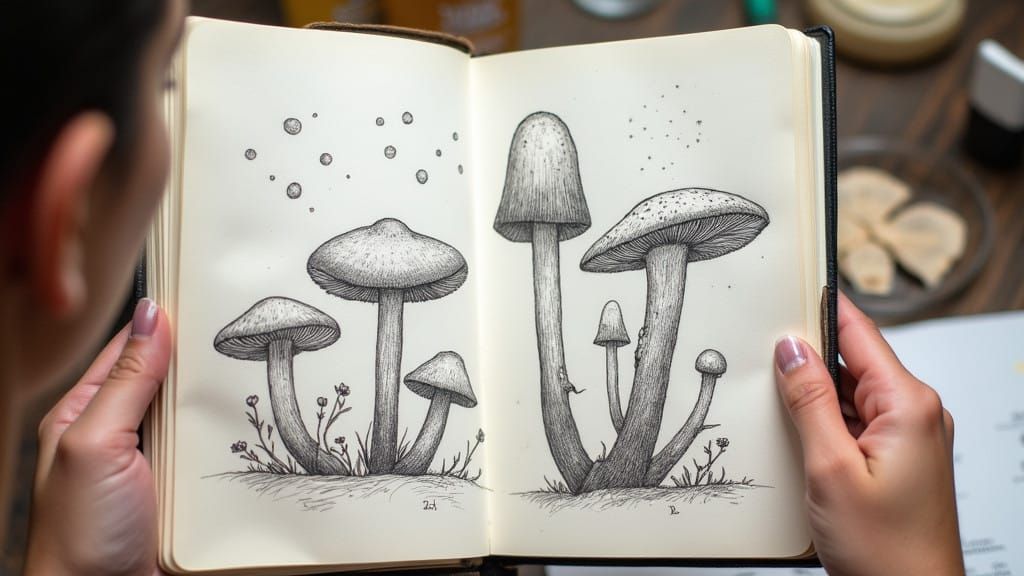
Mushroom spores are tiny reproductive units that fungi use to spread and grow in new environments. They play an essential role in the life cycle of mushrooms, enabling these fascinating organisms to thrive and contribute to the ecosystem. Here’s a simple breakdown of how spores are produced and dispersed.
How Mushrooms Produce Spores
Spores are the equivalent of seeds in mushrooms, containing all the necessary information to grow a new fungus under the right conditions. These microscopic particles are formed within the mushroom’s fruiting body—the visible structure above ground.
In most common mushrooms, like button mushrooms and shiitakes, spores are produced in specialized cells called basidia. These basidia are located on the gills beneath the mushroom cap. Each basidium typically generates a few spores, but a single mushroom can produce millions or even billions of them. In other fungi, such as morels and truffles, spores are created inside sacs called asci, which burst open when the spores are ready to be released.
Spores come in various shapes and colors depending on the species. They are incredibly small and have tough outer shells that protect them from harsh conditions, such as drying out or exposure to sunlight.
How
Mushroom Spores Are Dispersed
Once spores are produced, they need to travel to new locations where they can grow. Mushrooms have evolved several strategies to spread their spores effectively:
- Wind Dispersal: Many mushrooms rely on the wind to carry their spores. The spores are released from the gills or pores under the cap and are so lightweight that even a slight breeze can transport them over long distances.
- Animal Dispersal: Animals also help spread spores. Some fungi produce strong-smelling fruiting bodies, like truffles, which attract animals such as pigs and squirrels. These animals eat the mushrooms and excrete the spores elsewhere. Other mushrooms have spores that stick to animal fur or feet, hitching a ride to new locations.
- Water Dispersal: Fungi in moist environments often use water to disperse their spores. Rain or dew can carry spores to new areas, and some fungi, like bird’s nest fungi, use raindrops to splash spores out of their cup-like structures.
- Self-Propelled Dispersal: Certain mushrooms have mechanisms to launch their spores. Puffballs, for instance, release a cloud of spores when disturbed by raindrops or animals, helping them spread further.
The Journey of Spores
After dispersal, spores must land in a favorable environment to germinate. The ideal conditions include the right combination of moisture, temperature, and nutrients. When a cubensis spore lands in such an environment, it grows into a hypha—a thread-like structure that expands and forms a mycelium. The mycelium is the main body of the fungus, and under the right circumstances, it produces new fruiting bodies, completing the life cycle of the mushroom.
Mushrooms have developed incredible ways to reproduce and spread, ensuring their survival and contribution to ecosystems. By producing vast numbers of spores and using diverse dispersal methods, they can thrive in various environments and play a critical role in recycling nutrients and maintaining ecological balance.
Checkout all our Psilocybe Cubensis Spores on Sale <



